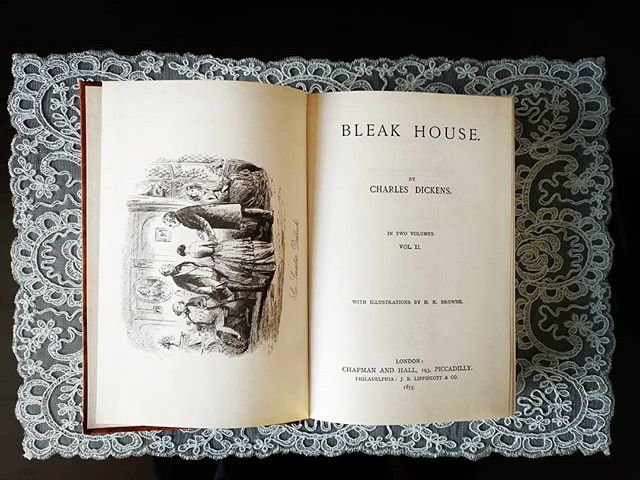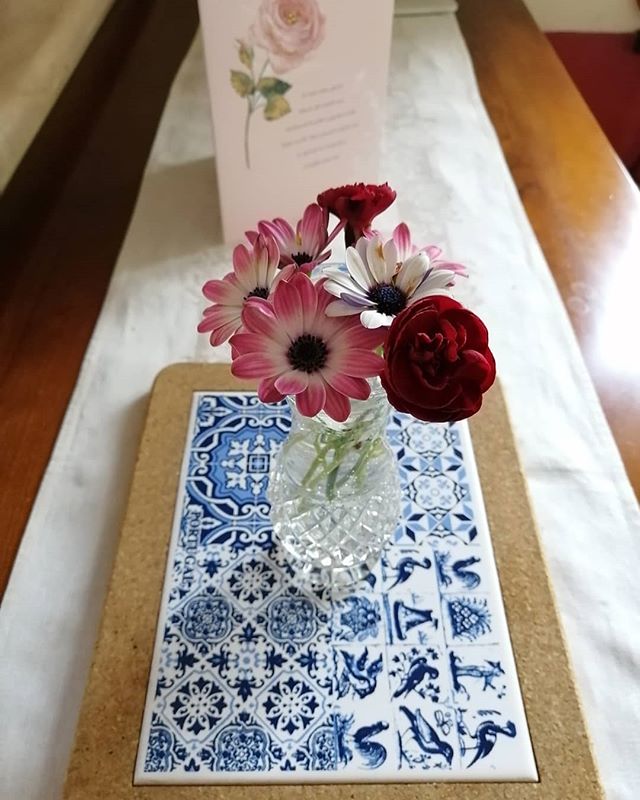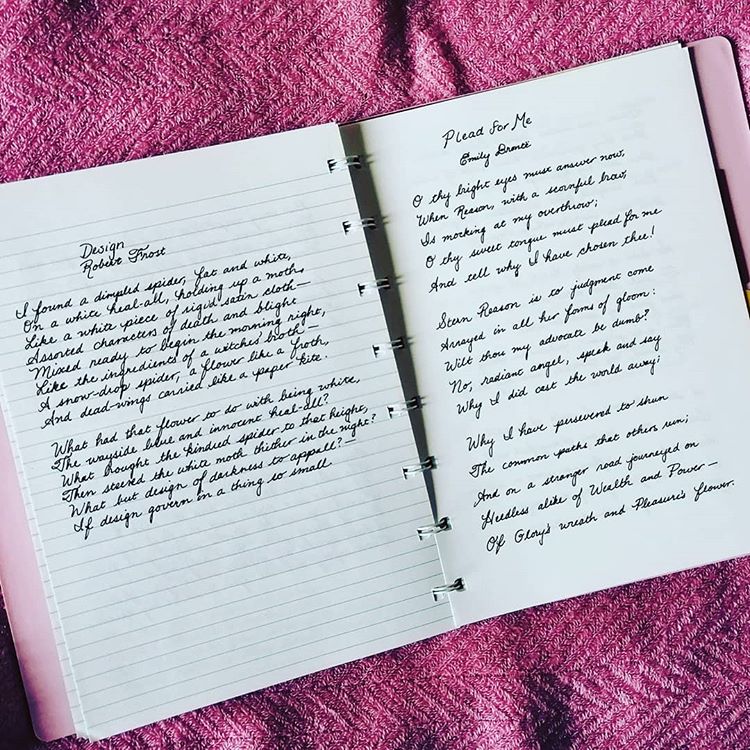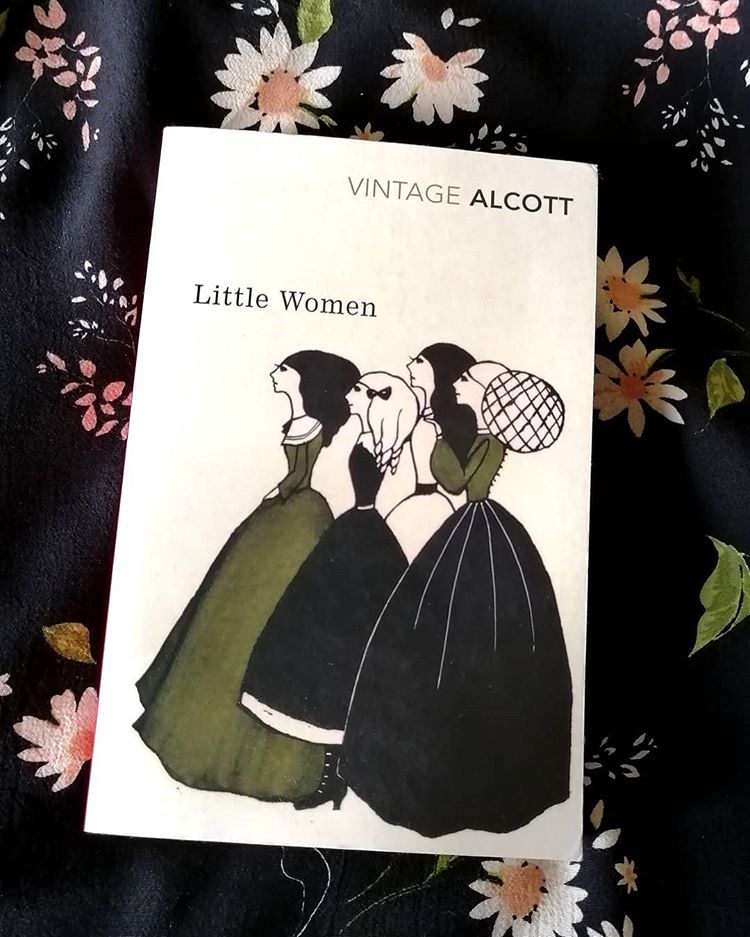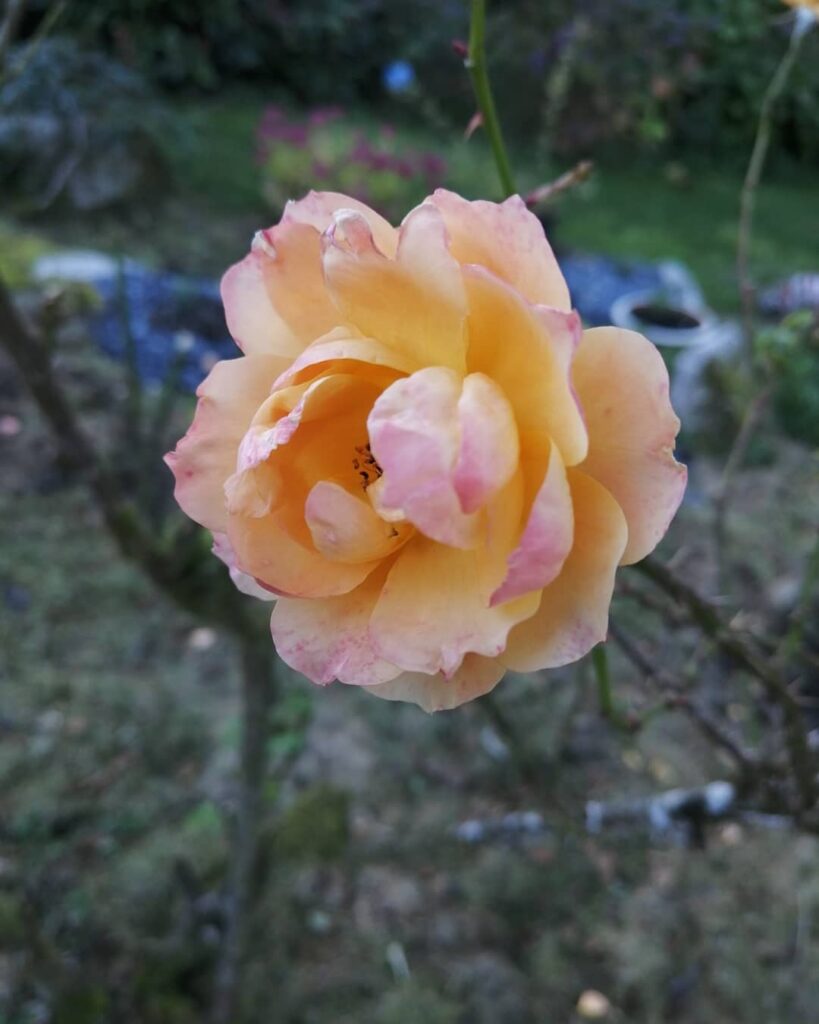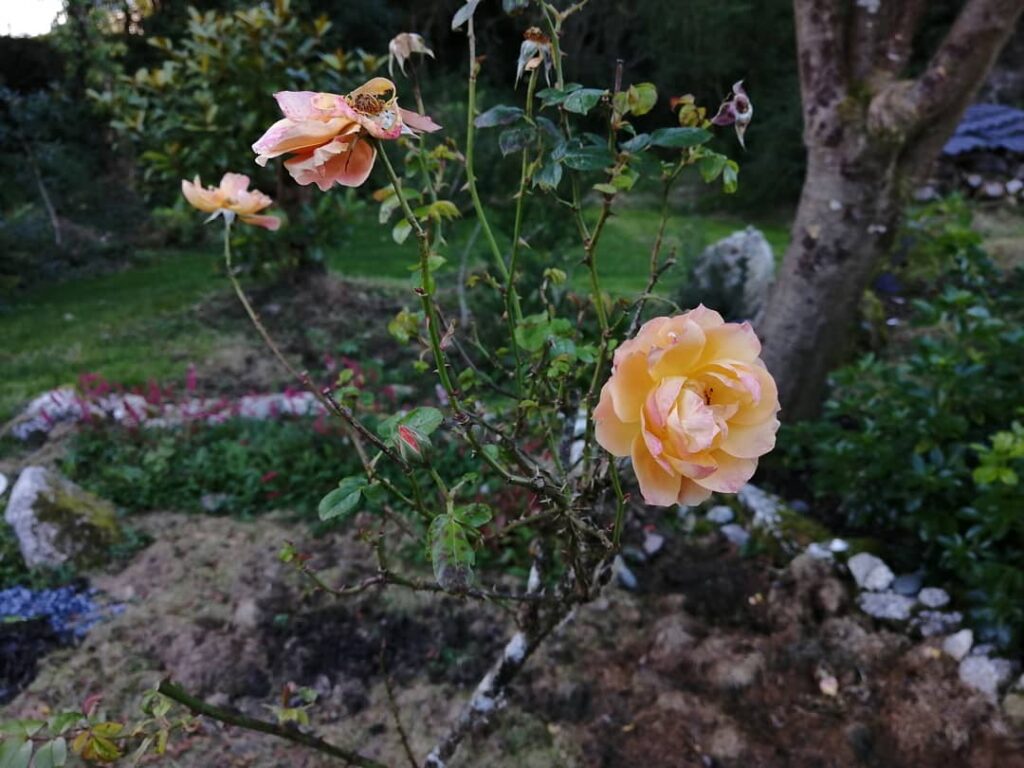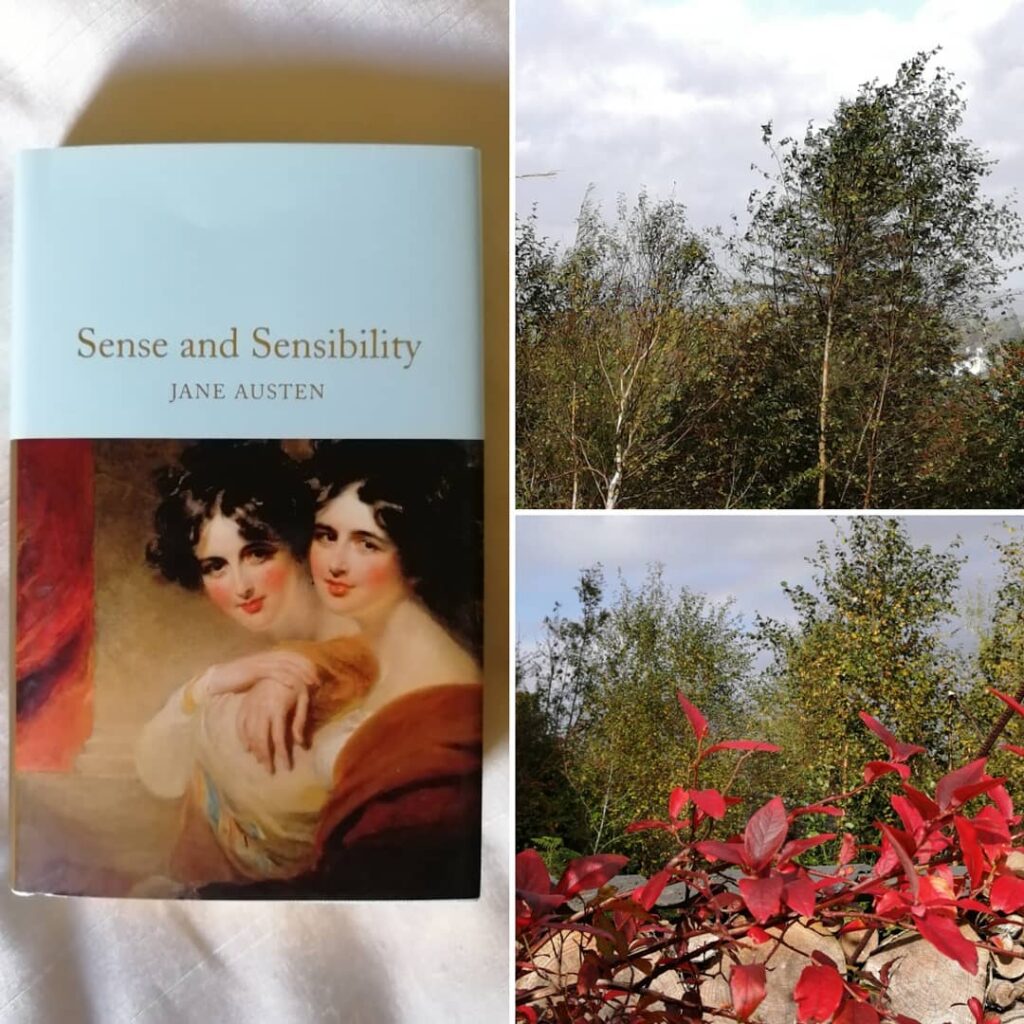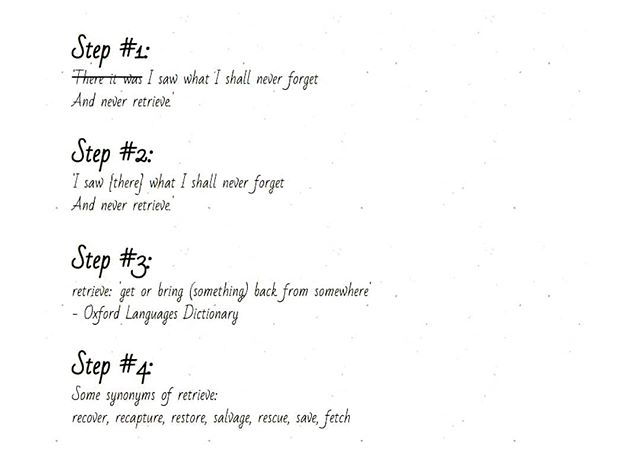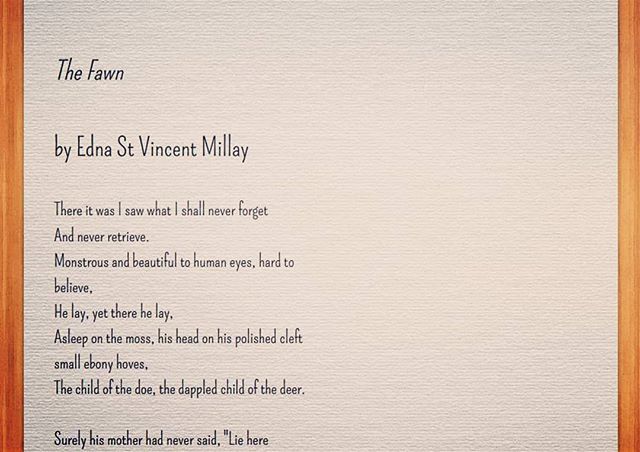Lesson #114: Mini-lesson Monday (Part 1): Charles Dickens and How Vocabulary ‘Groups’ Create a Strong Atmosphere in Your Writing
Another Monday, another mini-lesson (in 2 posts; this is part 1): My inspiration today comes from Charles Dickens, one of the most popular authors in the English language. Bleak House (1853) is a favourite of mine, a long, two-volume novel that interweaves two narrative voices in an intriguing story. I will quote from its opening pages: […]

